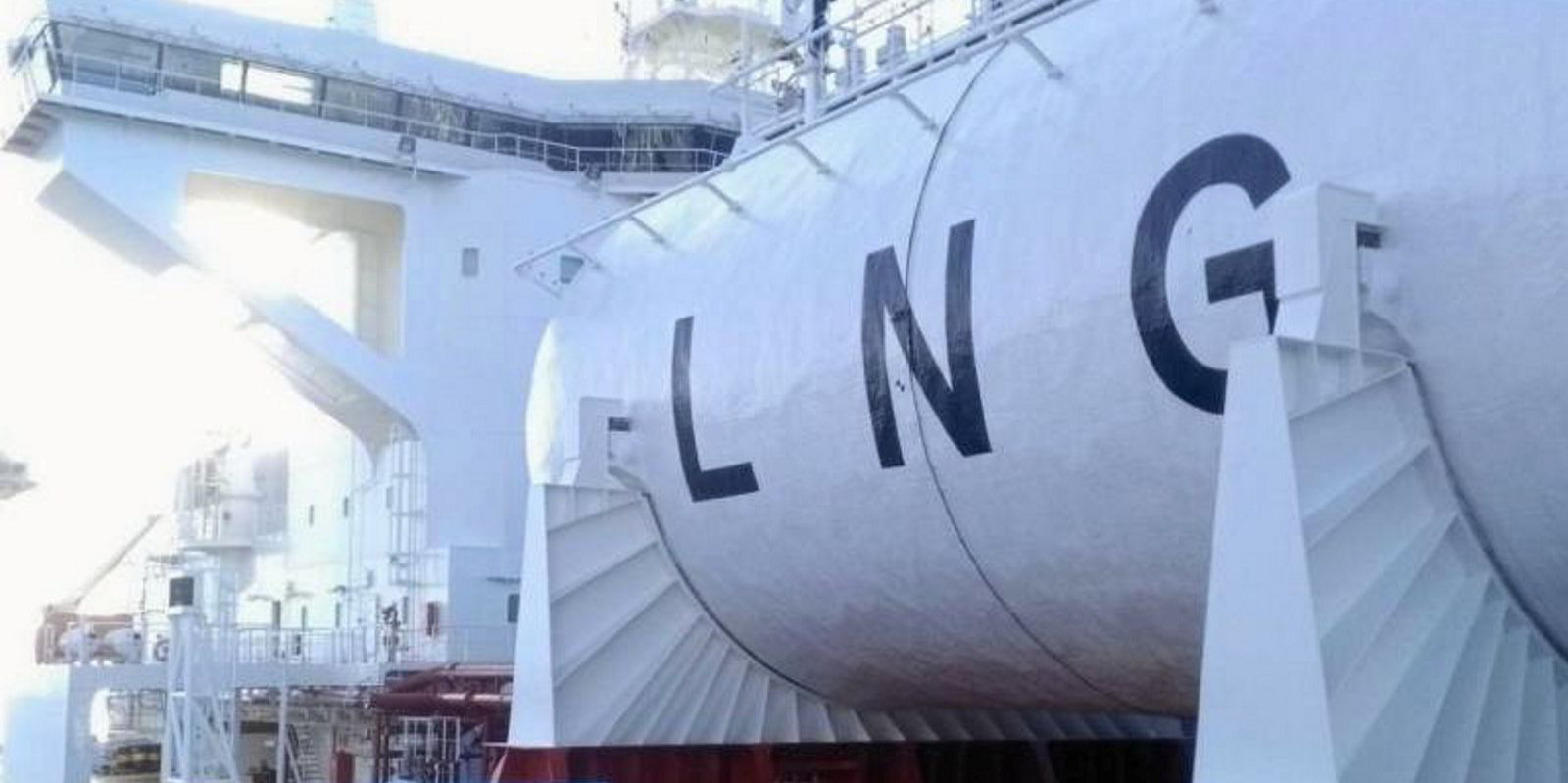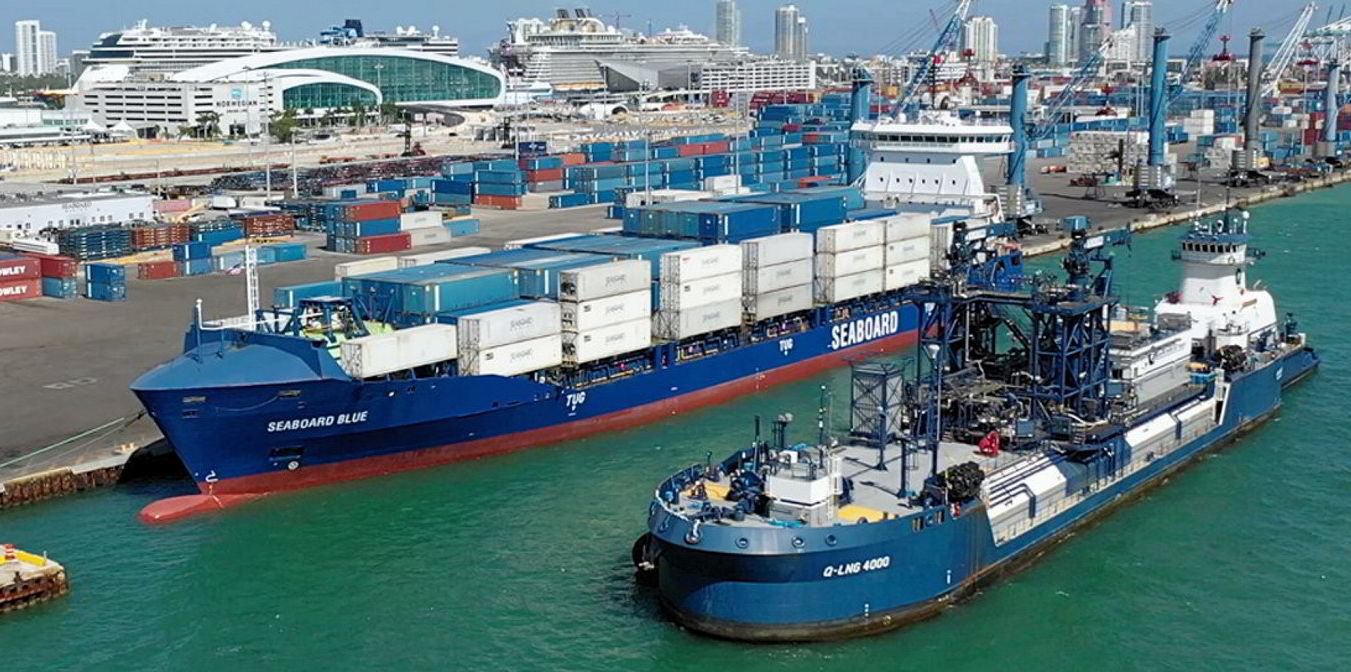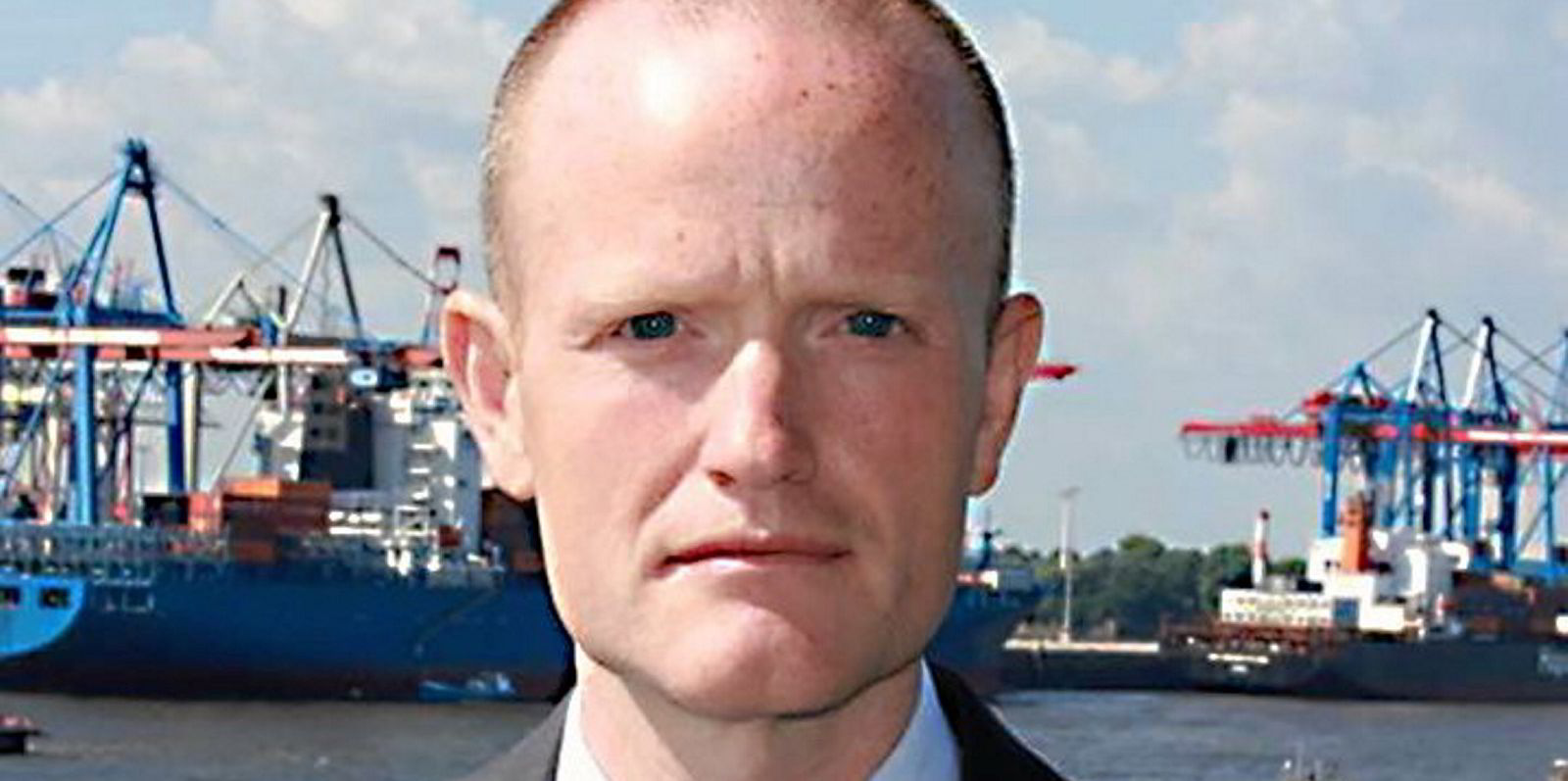Energy major Shell completed 250 ship-to-ship LNG bunkering operations in 2022.
According to the company’s Energy Transition Progress Report 2022, Shell said it provided LNG to ships at 15 ports in 10 countries.
The major said LNG helps decarbonise power, shipping and commercial road transport.
Shell’s report detailed that it delivered 194 LNG cargoes to Europe in 2022, which it said was almost five times its usual average.
The company sold 66 million tonnes of LNG in 2022, up on the 64.2 million tonnes per annum 12 months earlier.
The new report listed what it said were important steps to advance its energy-transition strategy.
“These include significant investments in LNG, which Shell expects to remain an important part of the energy mix for many years to come, partly because of its role in reducing emissions from power generation and transport,” the company said.
Shell said it invested $4.2bn in LNG, along with gas and power marketing and trading in 2022, up 17% on the previous year.
The major highlighted its selection as a partner in Qatar’s North Field East expansion — the largest LNG project globally — and the North Field South project.
Shell’s share of these two projects will be around 3.5 mtpa of LNG when production starts later in the decade.
“By using carbon capture and storage, these landmark projects will help provide LNG with a lower carbon footprint to our customers,” the company said.
Shell chief executive Wael Sawan said the company reduced its carbon emissions from its operations by 30% at the end of 2022, compared with 2016 on a net basis.
Chair Andrew Mackenzie said: “This is more than halfway towards our target of a 50% reduction by 2030.
By the end of 2022, the net carbon intensity of the energy products sold by Shell had also fallen by 3.8%, compared with 2016, the company said.
“Our analysis, using data from the International Energy Agency, shows the net carbon intensity of the global energy system fell by around 2% over that time,” Shell said.
The oil major said the decrease was primarily due to an increased proportion of renewable power and a corresponding reduction in the carbon intensity of our power sales. The company’s 2022 net carbon intensity includes 4.1 mt of carbon credits, retired against energy products, down on a figure of 5.1 mt for 2021.
Mackenzie flagged up Shell’s $2bn purchase of Denmark’s Nature Energy, which he said was the company’s biggest acquisition in the energy transition yet.
“This acquisition makes us Europe’s largest producer of renewable natural gas, which is made from agricultural, industrial and household waste,” he said. “Renewable natural gas can be used by customers in sectors such as commercial road transport and shipping.”
Shell said it is expecting “strong returns” from its investment in Nature Energy, because of the customers it has for biofuels in commercial road transport and shipping, along with its trading experience to connect supply with demand.
The report will be put to shareholders for an advisory vote at Shell’s annual general meeting on 23 May.
Shell is aiming to become a net-zero emissions energy business by 2050.






